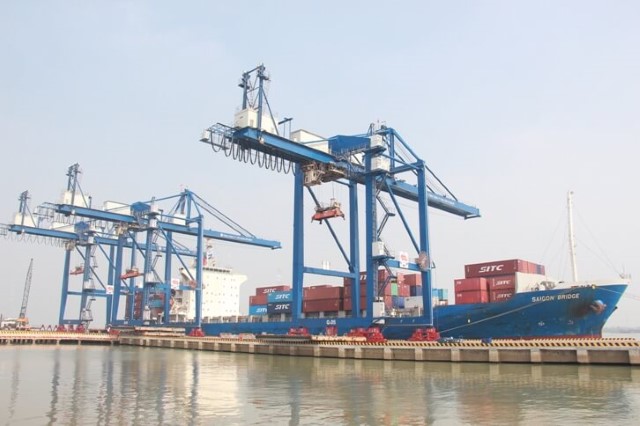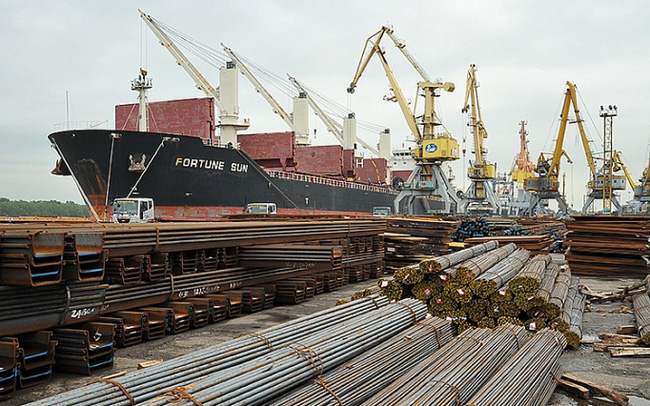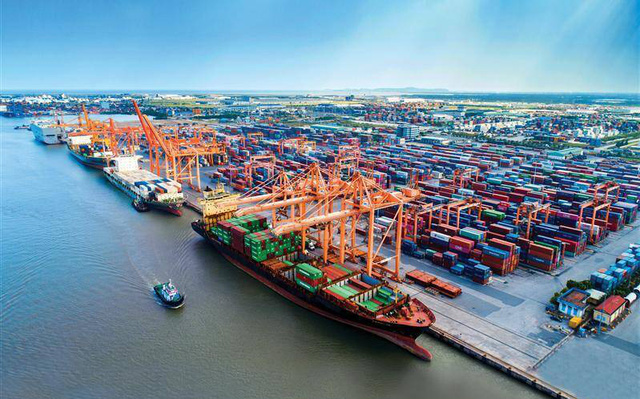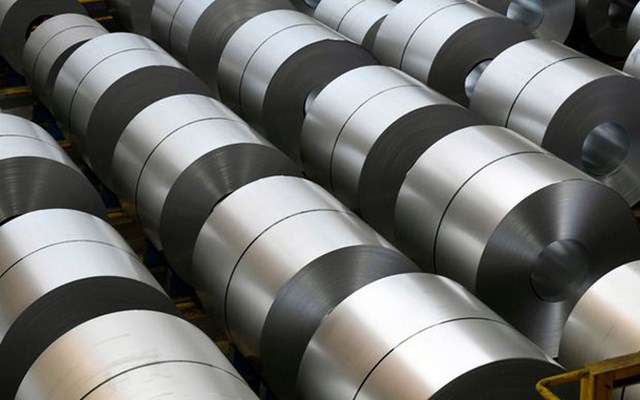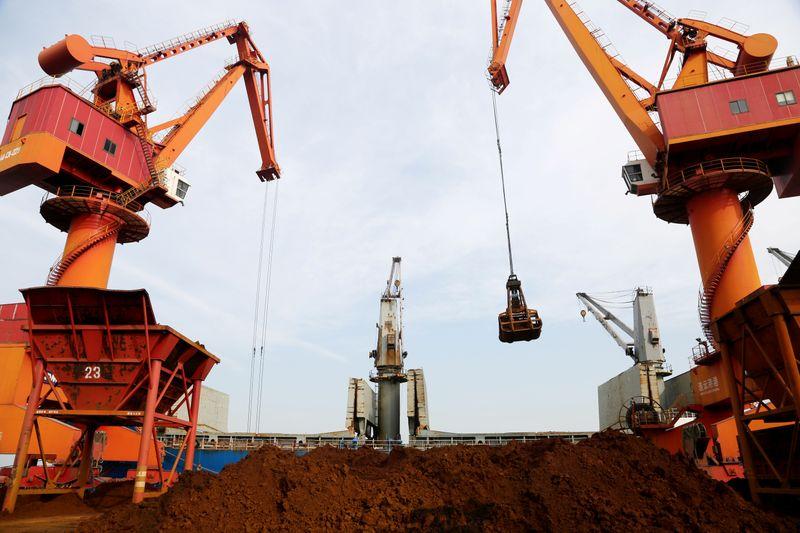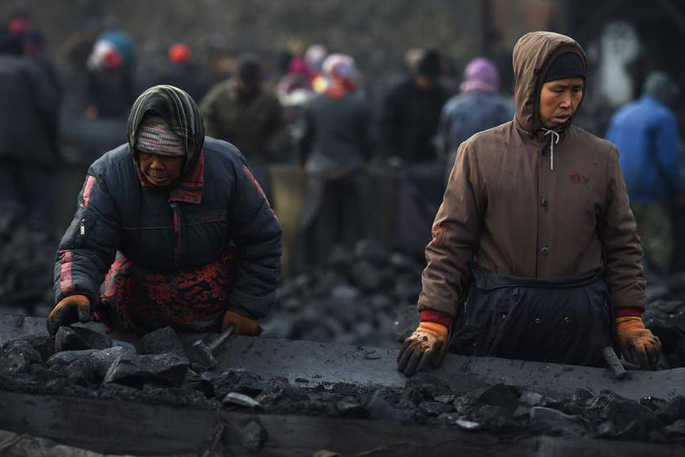Demand for copper, an essential ingredient in the production of electric vehicles and consumer electronics, will outpace supply by more than 6 million tonnes by 2030, according to commodity consultancy Rystad Energy.
Supply shortage compared to demand is more than 6 million tons
Recently, commodity consultancy Rystad Energy has predicted that global copper demand will outstrip supply by more than 6 million tons by 2030. Copper is known to be a key ingredient in vehicle production. electricity and consumer electronics.
Specifically, copper demand is expected to grow 16% by the end of the decade, reaching about 25.5 million tons per year in 2030. Meanwhile, supply in 2030 is forecast to decrease by about 12% compared to the level of year 2021.
Based on production estimates of existing projects as well as future mines, copper supply will reach about 19.1 million tons per year. Thus, the supply is not enough to meet the huge demand.
According to oilprice.com, the two growing sectors of renewable energy and electric vehicles have pushed copper demand higher. The number of new COVID-19 infections, mainly related to the Omicron strain, further congested supply chains, hindering copper ore mining.
Another point worth noting is that the price of copper has increased rapidly in recent times because supply has not kept pace with demand. Since the outbreak of the pandemic alone, the price of this industrial metal has jumped about 70%.
Workers at a copper wire factory in Karachi province, Pakistan. (Photo: Reuters).
A short supply of copper can have far-reaching effects on the energy transition, as there is currently no substitute for copper in electrical equipment. Therefore, enterprises need to invest heavily in mining mines to avoid the risk of shortage.
However, investing in fields other than copper mining is often quite risky because the capacity has almost peaked, the quality and reserves of copper ore are also gradually depleted. This has put pressure on production costs to increase, while producing a lot of greenhouse gas emissions.
Mr. James Ley, heavy metals expert at Rystad Energy, emphasized: “Investment in copper mines has gone down over the past few years, which has caused supply to drop sharply. During the pandemic, the market crashed. in instability, but investors are still limited in pouring capital”.
“As the transition to clean energy continues and populous markets such as China and India increasingly accept electric vehicles, the copper mining industry will have to invest heavily to meet demand. of consumers”, Mr. Ley recommends.
Experts predict that investment capital in copper mining will be difficult to increase. This bleak outlook paints a not-so-bright picture for future copper supply. It is possible that from 2023 onwards, the copper supply will be in a significant deficit.
What else causes the supply of copper to become tight?
Copper mining is an energy-intensive process and produces large amounts of carbon emissions. Last November, Peru – one of the world’s largest copper exporters, ordered the closure of a series of copper mines after people organized protests.
As a result, four mines in the city of Ayacucho (southern Peru) may be banned from expanding in the near future. The production of copper, silver and gold by some ore miners here could be affected.
In addition, the Las Bambas copper mine also in southern Peru is expected to be shut down due to transportation-related problems. The mine produces about 400,000 tons of copper per year – or 2% of the total global supply.
Political turmoil in neighboring Chile, another major copper exporter, further exacerbated supply problems, noted oilprice.com .
Even so, there is still some hope for the market as new copper deposits continue to be discovered, such as the Grasberg mine in Indonesia and Kamoa-Kakula in the Democratic Republic of the Congo.
However, most new mines are undeveloped as they may contain only low quality ores or political instability in the host country may delay mining.
T&G International Joint Stock Company
Address: 352 Hue Street, Le Dai Hanh Ward, Hai Ba Trung District, Hanoi
Hotline: 0345786803
Email: hrm@tginterjsc.com
Website: http://tginternationaljsc.com




